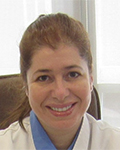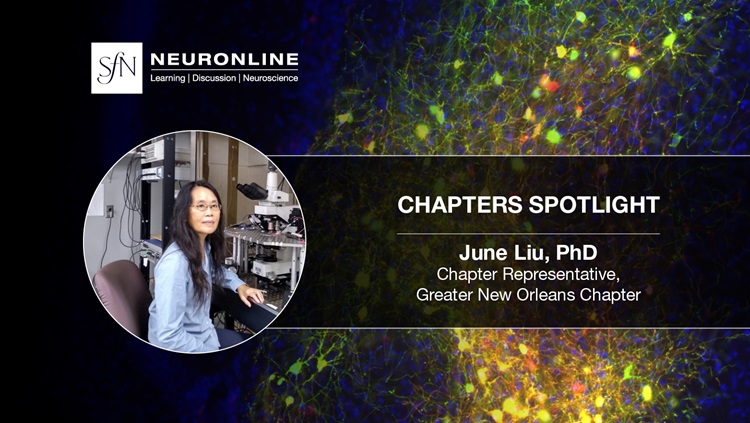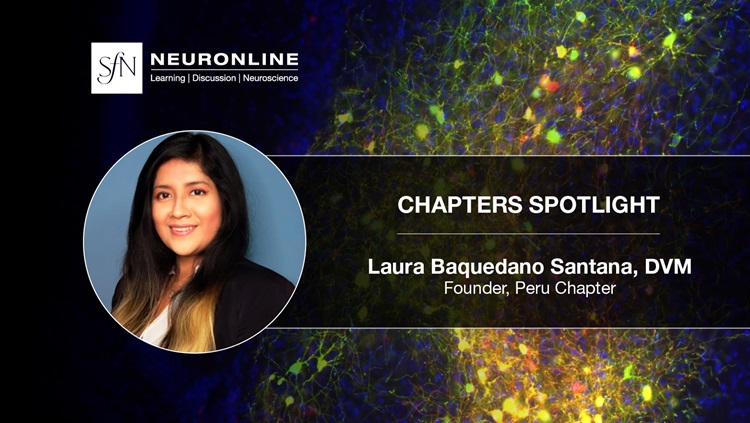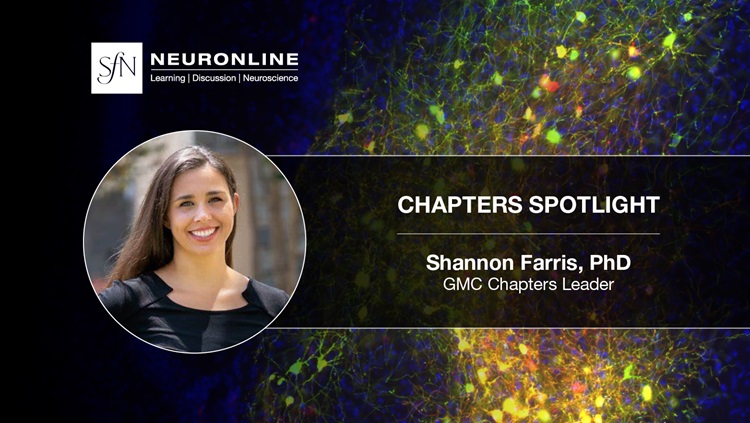Valéria Muoio, PhD, is a neurosurgeon based in São Paulo, Brazil and a Neuronline Community Leader. Her institution held its first Brain Awareness Week, and here, Muoio discusses how Brain Awareness Week events can inspire, build a community at your institution, and increase knowledge about the wonder that is the human brain.
Our first Brain Awareness Week at Universidade Nove de Julho in São Paulo, Brazil, was a blast! The events included in-person and online activities, and from day one, it was evident that we were about to experience something special.
On the first day, we introduced the week to the students, and the reaction was beyond our expectations. They were incredibly excited at the prospect of exploring the wonders of the mind and immersing themselves in the various activities planned.
On the second day, we had an extraordinary workshop with the theme, "How language shapes the way we think and act," combined with mental health practices. This workshop was enriched by the presence of the kung fu champion, Luiz Carlos Nascimento da Silva, who is fluent in Mandarin Chinese. Not only did he share his reflections on how language connects us to other cultures, but he also treated us to an exciting tai chi and kung fu class. It was a time of celebration of multicultural tolerance and peace, while acknowledging the unifying power of language and physical practice to promote mental well-being.
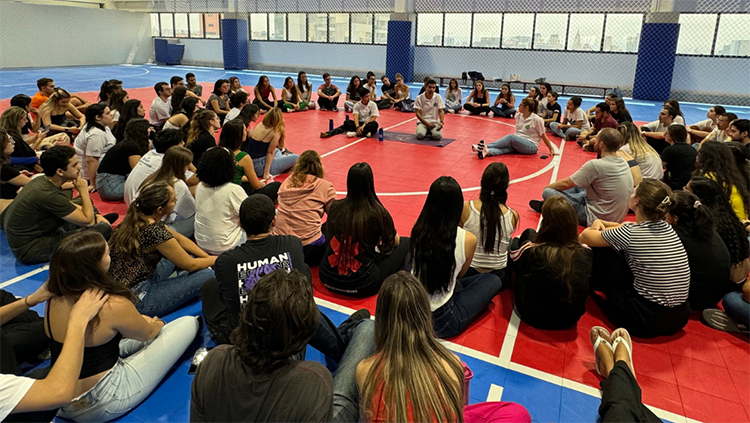
On the third day, we immersed ourselves in a fascinating conversation about the integration between the enteric nervous system, the microbiota and the central nervous system, with the valuable contribution of a trauma surgeon – Alessandra Muoio – and a neurologist, Nancy Huang. We explore the intricate links between gut health and brain health, broadening our understanding of how the human body works.
On the fourth day, students had the unique opportunity to interact directly with neurosurgeons, neurologists, and neuroscientists in a professional panel. After the stimulating discussion, we held a quiz about neuromyths, which challenged and entertained all participants.
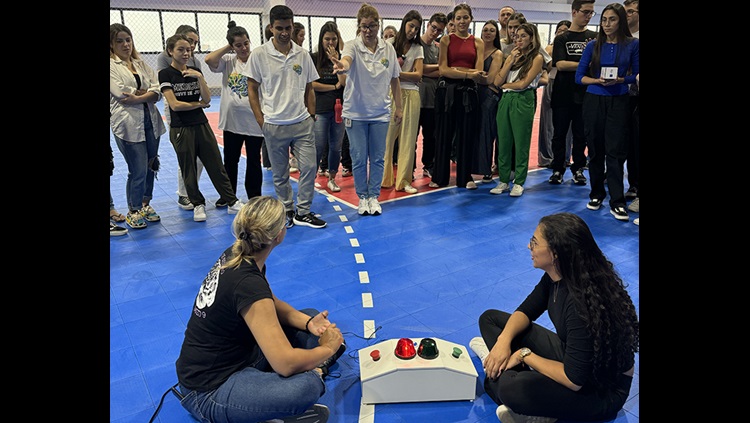
On the last day, we had a fascinating discussion about the brain-machine interface and the future of neuroscience, led by Fabio Godinho, chair of functional neurosurgery at the University of São Paulo. We conclude with a reflection on the representation of neuroscience in Hollywood and the neuroscientific basis of hypnosis, highlighting how brain science permeates various aspects of culture and society.
It was inspiring to witness the enthusiasm of the students throughout the week. Many of them have already signed up for research projects and are connecting with potential mentors they met during the workshops. Brain Awareness Week has the incredible power to unite and engage people around a topic as fascinating as neuroscience.
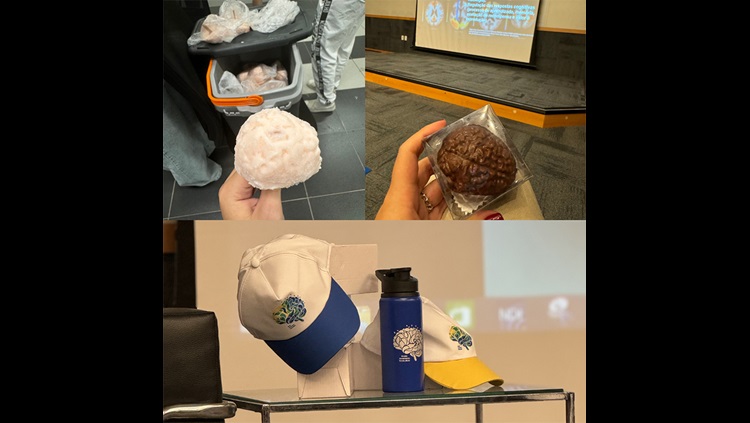
By the end of the week, we received a flood of suggestions for the coming year. It is gratifying to see so many people with ideas and suggestions, eager to actively participate in the upcoming sessions. And, of course, we can't forget the role of ice cream and gingerbread in the shape of a brain (courtesy of my mother), which certainly contributed to making the experience even more fun. I encourage everyone to celebrate Brain Awareness Week. It's an incredible opportunity to disseminate knowledge, inspire students, faculty, and researchers, and create a close-knit community around the fascinating journey of the human brain.

